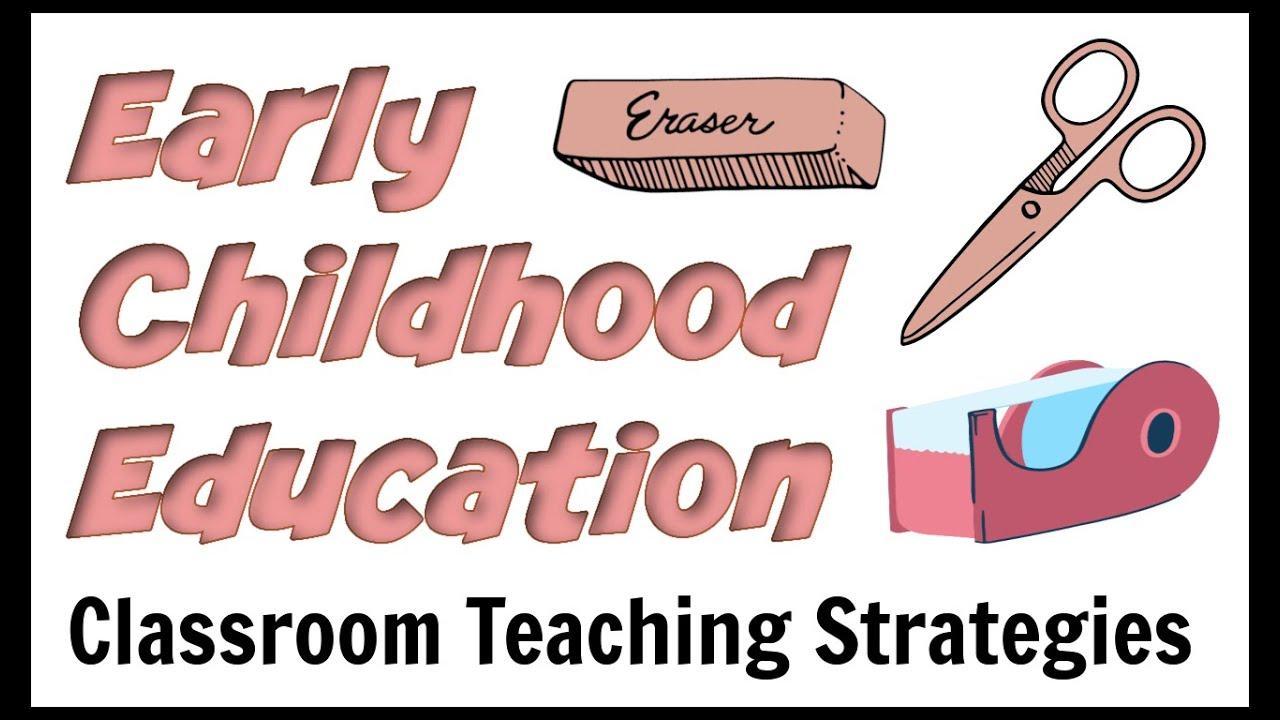In the realm of educational discourse, the conversation often gravitates towards reforming secondary and higher education systems, yet it is the foundational stage of early childhood education that holds unparalleled potential in shaping the future. As the building block of lifelong learning and development, early childhood education serves as a critical determinant in the trajectory of an individual’s academic, social, and emotional success. This article delves into the transformative power of early education, underscoring its role in reducing educational disparities, fostering cognitive development, and nurturing a resilient, adaptable future workforce. By systematically analyzing empirical studies and longitudinal data, we reveal how strategic investments and policies in early childhood education can catalyze significant socio-economic benefits, ultimately contributing to a more equitable and prosperous society. With growing evidence of its impact, it is imperative that stakeholders recognize and harness this potential, ensuring that every child has access to quality early education that lays the groundwork for a thriving future.
Importance of Early Cognitive Development
During the formative years, a child’s brain develops at an unparalleled rate, laying the groundwork for future learning and development. This period is crucial as it sets the stage for acquiring essential skills such as problem-solving, language, and emotional regulation. Early cognitive development not only influences academic success but also impacts social interactions and overall well-being. Research underscores that nurturing environments and stimulating experiences can significantly enhance a child’s intellectual growth, leading to improved outcomes in later life.
- Enhanced Learning Abilities: Children exposed to enriching activities develop better memory, attention, and reasoning skills.
- Language Acquisition: Early exposure to language-rich environments facilitates vocabulary expansion and communication skills.
- Emotional Intelligence: Engaging in social play and interactions helps children understand emotions, fostering empathy and cooperation.
Investing in early cognitive development is not merely about preparing children for school; it is about equipping them with the tools necessary for lifelong success. By understanding and supporting these critical early stages, we can empower future generations to reach their fullest potential.
Fostering Social and Emotional Skills for Lifelong Success
Early childhood education serves as a cornerstone for nurturing essential social and emotional skills, which are pivotal for a child’s holistic development. Research indicates that children who engage in quality early learning environments exhibit improved emotional regulation and enhanced interpersonal skills. Empathy, self-awareness, and effective communication are cultivated through structured play and guided interactions, laying a foundation for resilient and adaptive adults.
- Empathy Development: Through activities that encourage perspective-taking, children learn to understand and respect the feelings of others.
- Self-Awareness: Programs that emphasize self-reflection help children recognize their emotions and reactions, fostering better self-control.
- Communication Skills: Interactive storytelling and group discussions enhance verbal and non-verbal communication abilities.
Implementing these skills at an early age not only contributes to individual success but also benefits society as a whole. As children grow into adults who can navigate complex social landscapes with confidence and empathy, they become key players in creating harmonious communities.

Implementing Effective Early Education Strategies
Developing a robust framework for early childhood education requires a multifaceted approach that not only emphasizes cognitive development but also fosters emotional and social growth. Holistic learning environments are crucial, where educators integrate play-based learning with structured educational activities. This approach encourages curiosity and creativity while laying a strong foundation for critical thinking skills. Moreover, nurturing emotional intelligence through activities that promote empathy and collaboration prepares children to navigate complex social environments effectively.
To implement these strategies successfully, it’s essential to focus on several key areas:
- Inclusive Curriculum: Design educational programs that are adaptable to the diverse needs of all children, ensuring equal learning opportunities.
- Parental Engagement: Foster partnerships with parents to reinforce learning and development outside the classroom.
- Teacher Training: Invest in ongoing professional development to equip educators with the skills necessary to deliver innovative teaching methods.
- Assessment and Feedback: Utilize formative assessments to provide personalized feedback, guiding each child’s unique learning journey.
By prioritizing these elements, educators can create an enriching early education experience that not only prepares children for future academic success but also contributes to their overall well-being and personal growth.

Recommendations for Policy Makers and Educators
Invest in Comprehensive Training: To harness the full potential of early childhood education, it is imperative for policy makers to allocate resources towards comprehensive training programs for educators. This includes a focus on emotional intelligence, inclusive practices, and innovative teaching methods that foster critical thinking from a young age. Continuous professional development should be encouraged to keep educators updated with the latest pedagogical strategies.
- Incorporate Evidence-Based Curricula: Develop and implement curricula that are grounded in the latest research on child development. This ensures that educational practices are not only effective but also adaptable to the diverse needs of young learners.
- Foster Collaborative Environments: Encourage collaboration between educators, parents, and communities to create a supportive learning ecosystem. This holistic approach can significantly enhance the educational experience and outcomes for children.
Prioritize Access and Equity: To truly shape the future, early childhood education must be accessible to all children, regardless of their socio-economic background. Policy makers should focus on reducing barriers to access, such as financial constraints and geographical limitations, ensuring that every child has the opportunity to benefit from quality early education. By prioritizing equity, we can create a more inclusive and balanced society.



